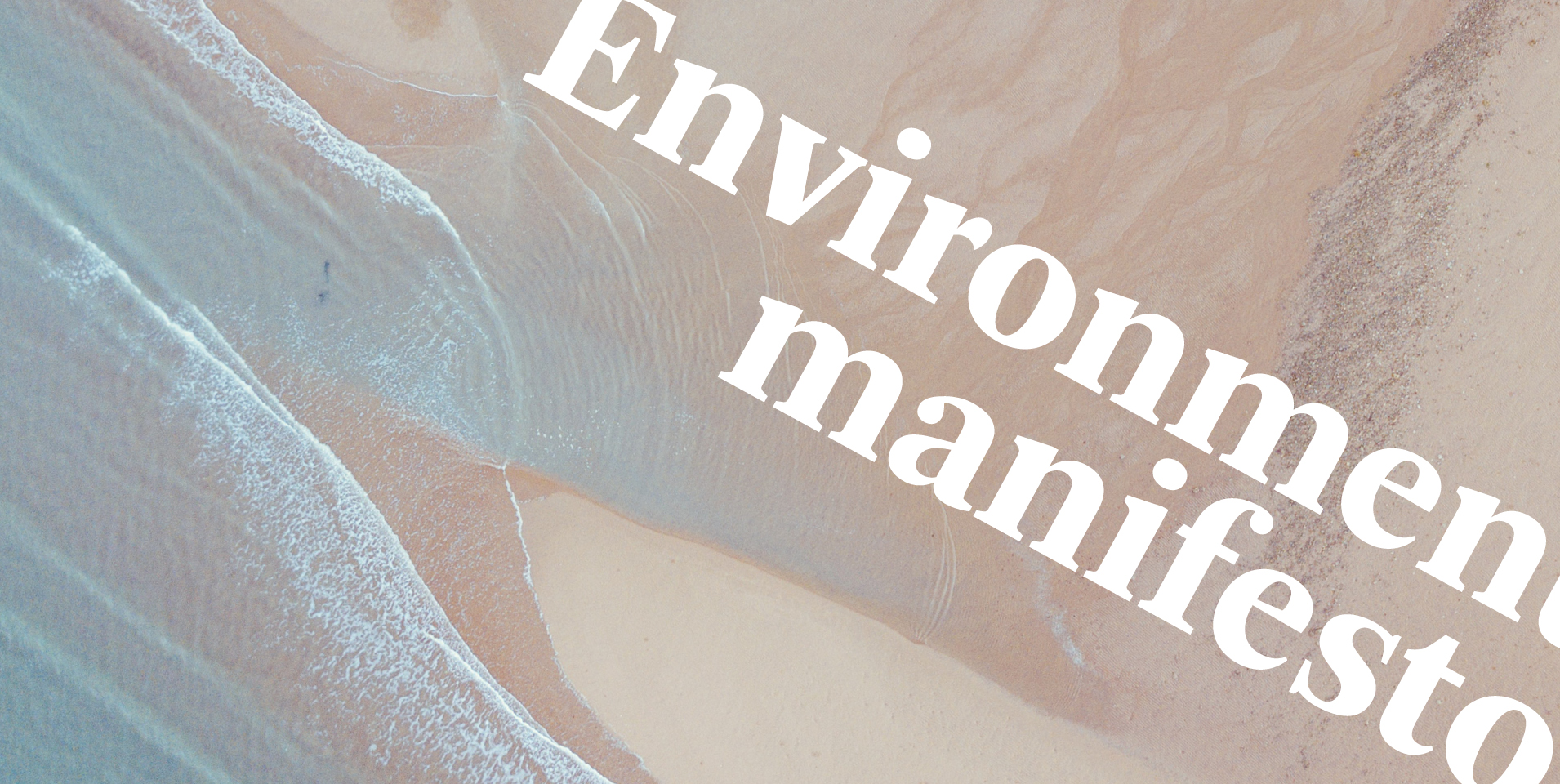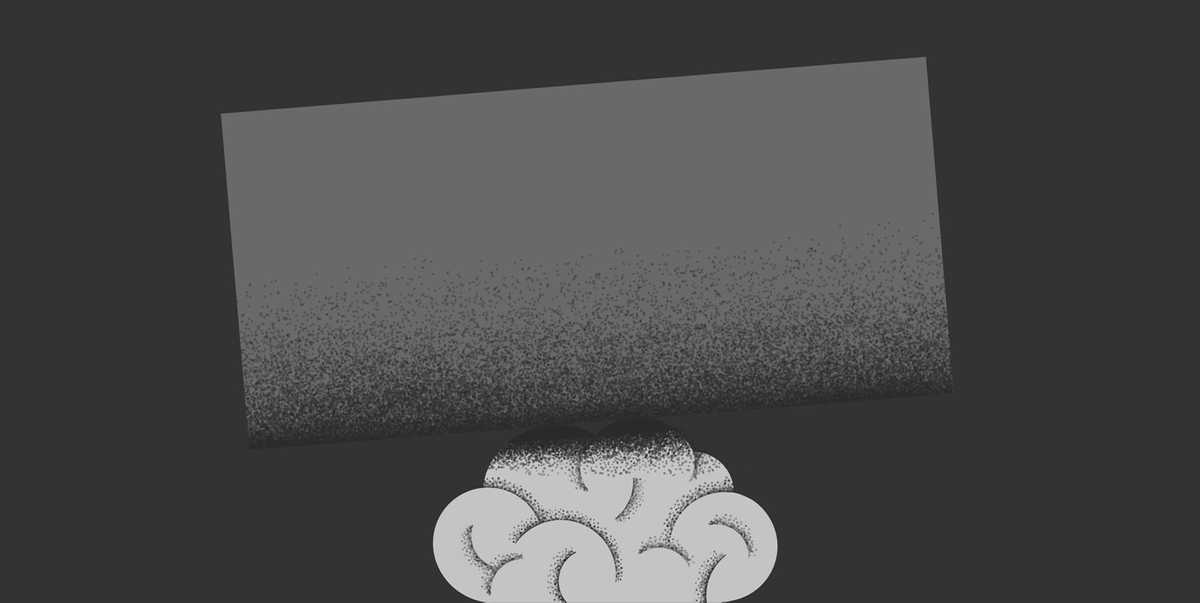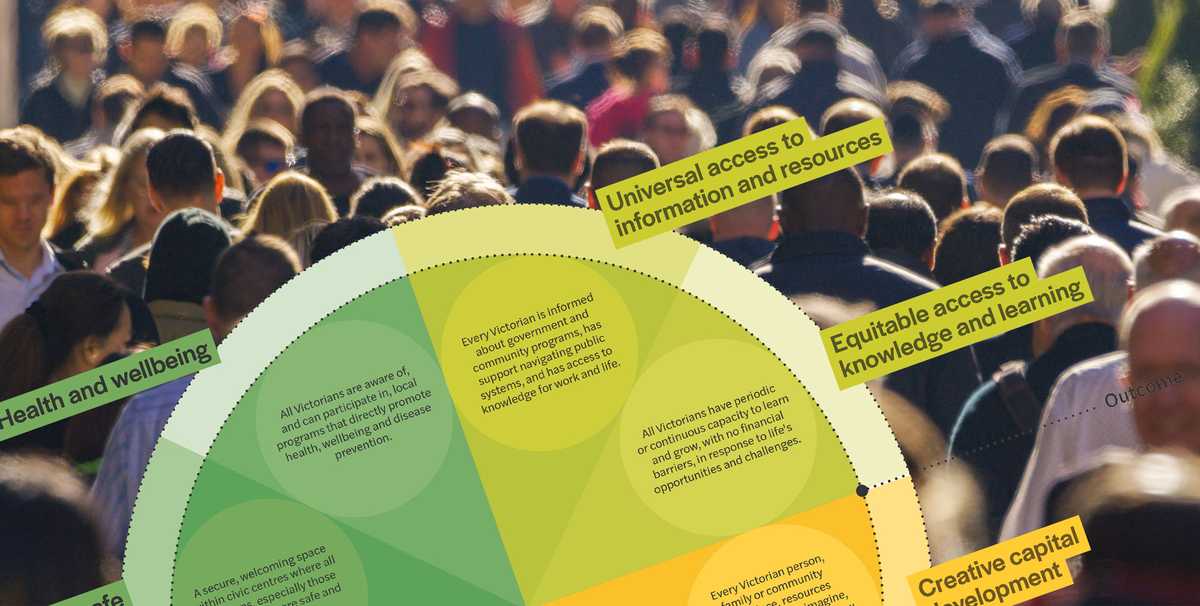
Our Environment portfolio is growing at Ellis Jones, from working with the federal Department of Environment and Energy in a landmark cross-sector partnerships project, to clothing recyclers SCRgroup, to a state wide energy consumer campaign with the Department of Environment, Land, Water and Planning and building a new web presence for the Sustainable Melbourne Fund‘s Better Building Finance.
On our FY18/19 planning day last month, we devoted time to understanding the impact we have as an agency and as individuals on the environment, and set our environmental expectations and targets as a business. As a group of 18 people, we produce waste, we consume energy, and as communicators by trade, we spread messages and therefore values. So we’ve decided that for FY18/19 we’re going to focus on improving our waste, energy and culture, and ensure that all are working together for the best possible environmental outcomes.
Waste: we’re closing the loop.
By the end of 2018, Ellis Jones will be a zero waste-to-landfill office.
We’re already striving to achieve this by providing a KeepCup or Frank Green to every team member, encouraging the avoidance of single use plastic and accurately separating our waste. For us, this means:
- Putting all our food waste into a Bokashi composting bucket (you can even make your own!), which is fed back to the earth monthly by Chris, a farmer from just outside Melbourne who is working to re-cultivate formerly logged land. Since the start of the year our composting has saved 110kg of food waste from landfill, and sprouted new life in the process.
- Separating our soft plastics and sending them to RedCycle, where they’re turned into outdoor furniture and industrial materials and not clogging up the generic recycling system.
- Ensuring that everything in our recycling bin is properly separated, making the processing as simple and effective as possible so that it can be given a second life.
As a result, our office produces no more than half a shopping bag of landfill waste per week, with a final push we aim to get this to zero.
Energy: we’re flicking the switch.
By the end of 2018, Ellis Jones will reduce our daily energy usage by 10% on our 2017 usage.
So far this year we’re down on average by 4%, we have a long way to go; we’re going to do this by:
- Keeping our heater at a maximum of 21 degrees throughout the rest of winter and better insulating the office by using our blinds and draught sealants.
- We’re gettin’ cosy; providing blankets and hot water bottles for staff to use if they’re feeling the chill.
- We’re doing an audit of all our appliances, checking our fridge seals and adjusting our hot water temperature. It’s those dormant appliances that can get you!
Culture: we’re standing to attention.
It’s easy to go about your day as you always have, and not all of us consider the environment in every action we take. That’s why a big part of improving our environmental impact as an agency is by keeping our collective environmental impact front and centre. So far, we’re staying woke by:
- Measuring our waste output and energy usage weekly, reporting back to the team and discussing improvement tactics.
- Conducting a bi-annual office survey to find out what motivates and demotivates the team to be environmentally conscious. We’re forming our tactics around this.
- Having full office environmental documentary nights; there’s no better way to understand your impact than through beautiful cinema.
- Asking questions and researching our impact, ensuring we’re always up to date and knowledge sharing across the team.
Moving forward, we’re going to push it further:
- Providing only vegetarian food at staff events to drastically reduce the carbon footprint of our meals and to encourage a meat-free lifestyle.
- Collaborating with our neighbours to knowledge share and lobby our landlord for solar power!
- Organising our team social events around environmental activities – excursion to the recycling plant anybody?
–
Achieving these targets will be no easy feat, and we’re implementing behaviour change and social mobilisation tactics to get the whole team on board. Through positive reinforcement, feedback loops, education and inclusivity, we’re striving to become an agency that is intrinsically environmentally conscious.

